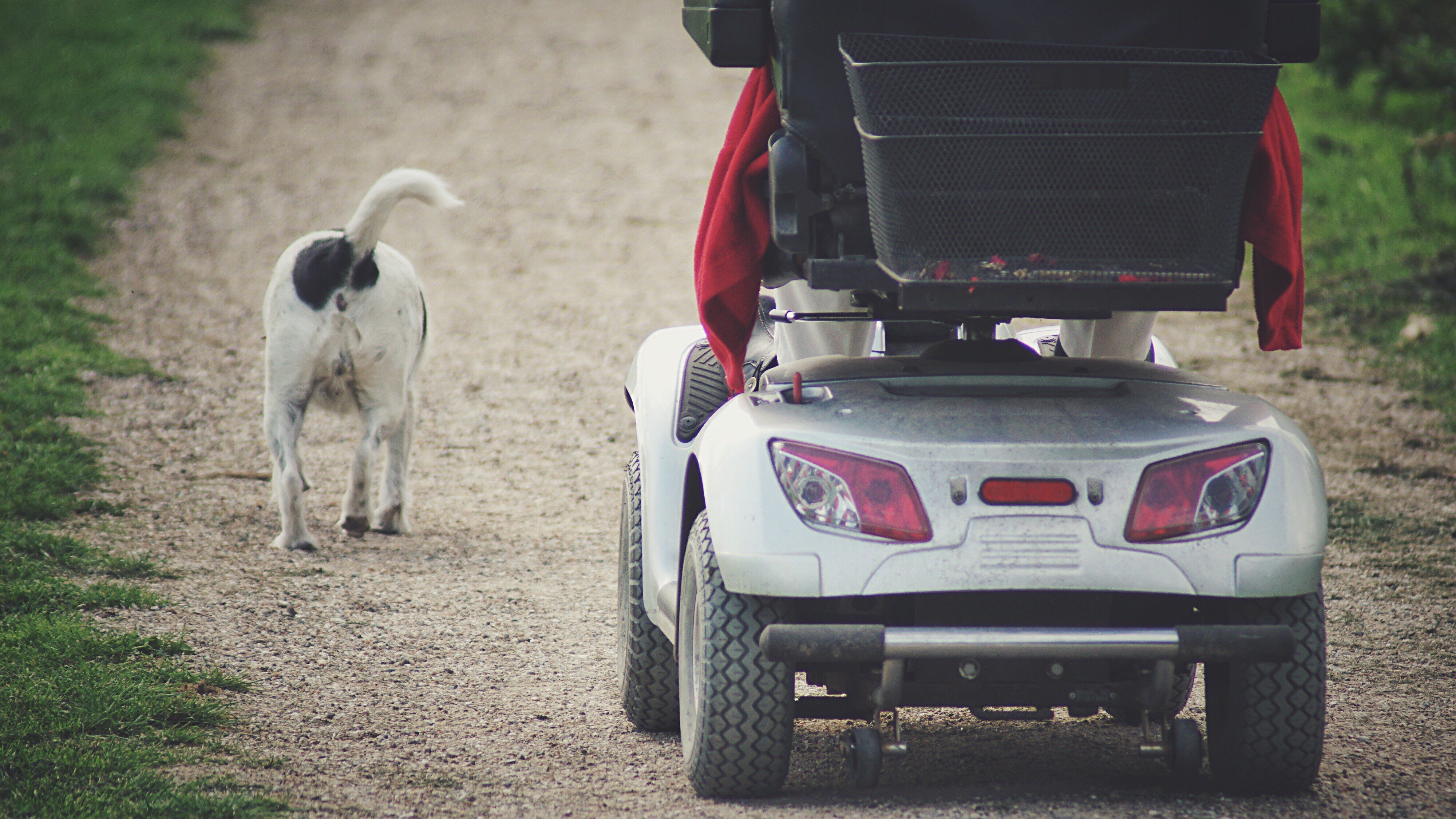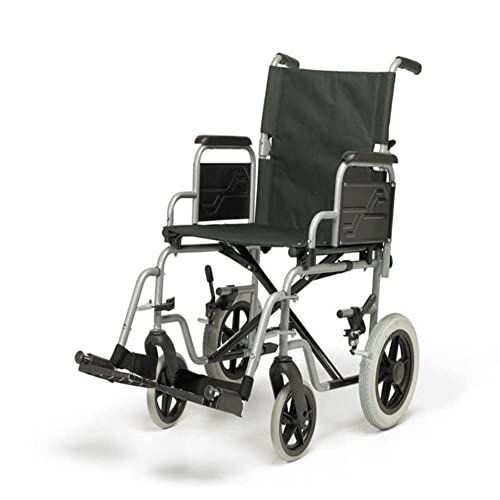Mobility Scooters in the UK: A Comprehensive Guide
In the United Kingdom, mobility scooters are ending up being a significantly popular ways of transportation for individuals with mobility problems, offering them with the freedom to browse their neighborhoods individually. These motorized lorries are created to assist those who have problem walking or using a manual wheelchair, using a practical and comfy service for day-to-day travel. This post looks into the world of mobility scooters in the UK, exploring their advantages, legal requirements, and how to select the best one.
Intro to Mobility Scooters
A mobility scooter is a battery-powered car that usually has 3 or four wheels, a seat for the chauffeur, and handlebars for guiding. They are created to be easy to utilize and keep, making them ideal for older grownups and individuals with specials needs who wish to preserve their self-reliance. Mobility scooters come in different sizes and models, each accommodating various needs and preferences.
Benefits of Mobility Scooters
- Increased Independence: Mobility scooters permit users to take a trip longer ranges without the physical strain associated with strolling or utilizing a manual wheelchair. This independence can significantly improve their quality of life.
- Cost-Effective: Compared to other motorized automobiles, mobility scooters are reasonably budget-friendly. They also need very little upkeep, which can conserve users a lot of cash in the long run.
- Ease of Use: Most mobility scooters are designed to be user-friendly, with intuitive controls and comfortable seating. They are typically lightweight and can be quickly taken apart for transport.
- Enhanced Social Interaction: By making it possible for users to venture out more frequently, mobility scooters can help in reducing sensations of seclusion and solitude, cultivating social connections and neighborhood involvement.
- Boosted Safety: Mobility scooters are equipped with functions such as headlights, brake lights, and horns, making them more secure for use on roads and in public spaces.
Types of Mobility Scooters
When selecting a electric mobility scooters uk scooter, it's essential to think about the type that best fits your requirements. Here are the primary types offered in the UK:
Class 2 Mobility Scooters:
- Speed: Limited to 4 miles per hour (6.4 km/h)
- Usage: Suitable for pavements and pedestrian areas
- Functions: Compact and lightweight, foldable for easy transportation
Class 3 Mobility Scooters:
- Speed: Can rise to 8 mph (12.9 km/h)
- Usage: Suitable for both pavements and roadways, offered they are registered and guaranteed
- Functions: Sturdier construct, typically with more innovative functions like suspension and larger batteries
Heavy Duty Mobility Scooters:
- Capacity: Designed to support users weighing approximately 400 pounds (181 kg)
- Usage: Ideal for those who need a robust and durable scooter
- Functions: Reinforced frame, broader seat, and boosted stability
Off-Road Mobility Scooters:
- Terrain: Built to manage rough and irregular surfaces
- Use: Suitable for users who delight in outside activities like treking or fishing
- Functions: All-terrain tires, high ground clearance, and powerful motors
Legal Requirements for Mobility Scooters in the UK
Utilizing a mobility scooter in the UK comes with particular legal responsibilities. Here are the crucial points to consider:
- Registration and Insurance:
- Class 2 Scooters: No registration or insurance coverage required
- Class 3 Scooters: Must be registered with the DVLA, insured, and display a legitimate MOT certificate if utilized on roads
- Motorist Requirements:
- Age: Users must be at least 14 years old
- Health: No particular health conditions are needed, but users need to be able to control the scooter securely
- Speed Limits:
- Class 2 Scooters: 4 miles per hour (6.4 km/h) on pavements
- Class 3 Scooters: 8 miles per hour (12.9 km/h) on roadways, 4 miles per hour on pavements
- Safety Equipment:
- Lights: All scooters utilized on roads should have front and rear lights, indications, and a horn
- Reflectors: Required for usage on roadways, particularly throughout low exposure conditions
- Tax and Parking:
- Tax: Class 3 scooters are exempt from vehicle tax
- Parking: Users can park in designated disabled parking spaces with a legitimate Blue Badge
How to Choose the Right Mobility Scooter
Picking the ideal mobility scooter includes thinking about several aspects:
Mobility Needs:
- Range: How far do you require to travel?
- Surface: Will you be using the scooter on pavements, roadways, or off-road?
- Weight Capacity: What is the maximum weight the scooter needs to support?
Budget:
- Initial Cost: Mobility scooters can vary from a few hundred to a number of thousand pounds
- Ongoing Costs: Consider the expense of batteries, upkeep, and insurance
Functions:
- Comfort: Look for a scooter with a comfortable seat and adjustable controls
- Storage: Some scooters provide extra storage for shopping bags or individual items
- Portability: If you require to carry the scooter, select a design that is light-weight and collapsible
Credibility and Support:
- Brand: Research reputable brand names known for their quality and reliability
- Warranty: Check the warranty duration and what it covers
- Customer Support: Ensure the producer or merchant provides good consumer support and service
FAQs About Mobility Scooters in the UK
Do I need a license to drive a mobility scooter?
- No, you do not need a driving license to operate a mobility scooter in the UK. However, Class 3 scooters should be signed up with the DVLA and insured if utilized on roadways.
Can I use a mobility scooter on the pavement?
- Yes, both Class 2 and Class 3 scooters are allowed on pavements, but Class 3 scooters are restricted to 4 mph.
Are there any limitations on where I can utilize a mobility scooter?
- Class 2 scooters are limited to pavements and pedestrian locations. Class 3 scooters can be used on roads, however they should satisfy specific legal requirements.
How do I maintain my mobility scooter?
- Regular upkeep consists of checking battery levels, tire pressure, and brake functionality. It's also essential to clean the scooter regularly and store it in a dry place.
Can I get a mobility scooter through the NHS?
- The NHS provides mobility scooters through the Disabled Living Allowance (DLA) or Personal Independence Payment (PIP). You can likewise purchase or rent a scooter from a private merchant.
Is a mobility scooter tax-deductible?

- In some cases, the cost of a mobility scooter can be claimed as a medical cost. Speak with a financial consultant for specific guidance.
Tips for Using a Mobility Scooter Safely
- Wear Appropriate Clothing:
- Wear comfortable and weather-appropriate clothes. Think about wearing a high-visibility coat when using the scooter on roads.
- Maintain the Scooter:
- Regularly check the battery, tires, and brakes to ensure the scooter is in excellent working condition.
- Follow Traffic Rules:
- Obey traffic signs and signals, and utilize designated pedestrian and cycle paths when possible.
- Use Safety Equipment:
- Always utilize the headlights, brake lights, and horn, particularly during low exposure conditions.
- Bear in mind Others:
- Be considerate to pedestrians and other road users. Slow down when approaching congested locations.
Mobility scooters are an important tool for people in the UK who face mobility scooter shops near me difficulties. They use a range of advantages, from increased independence to enhanced safety, making them a popular option for older adults and people with impairments. By comprehending the different types of scooters, legal requirements, and how to choose the ideal one, users can take pleasure in the liberty and benefit these cars offer. Whether for everyday errands or leisure activities, a Mobility Scooter Uk scooter can substantially enhance the quality of life for lots of people.
Extra Resources
- DVLA Website: For details on signing up and insuring a Class 3 mobility scooter
- Age UK: Offers guidance and assistance for older adults considering a mobility scooter
- Disability Rights UK: Provides assistance on accessing mobility scooters through financial support programs
By taking the time to research study and select the best mobility scooter, users can enjoy greater self-reliance and a more active way of life.








